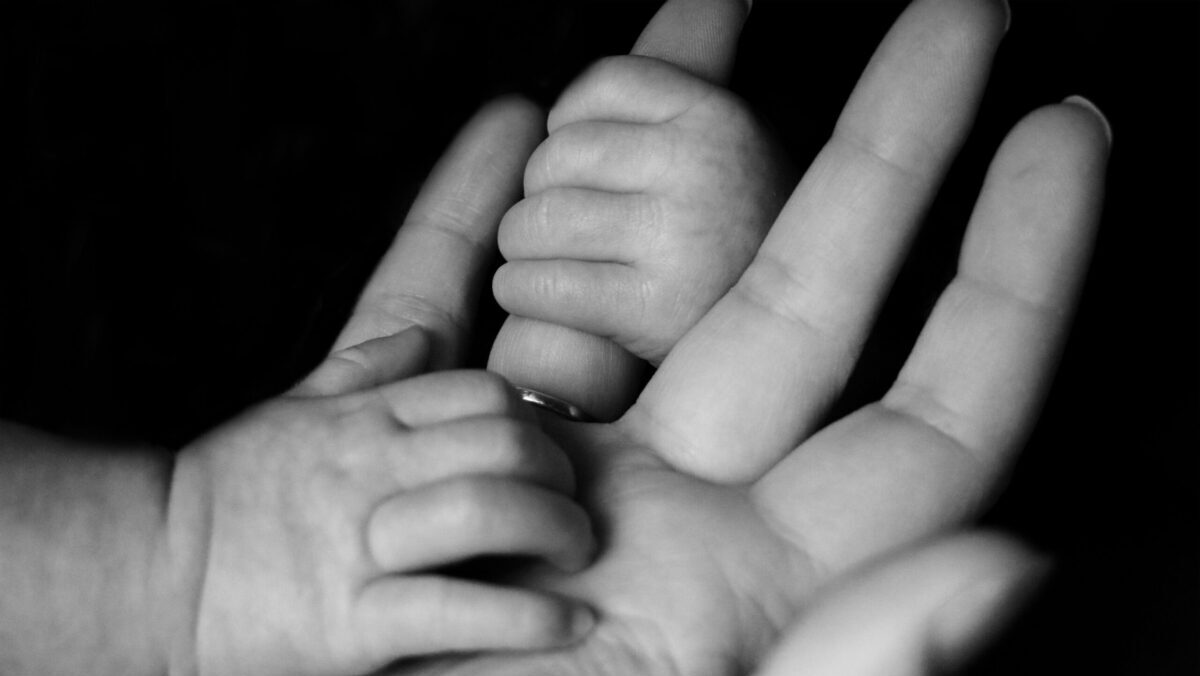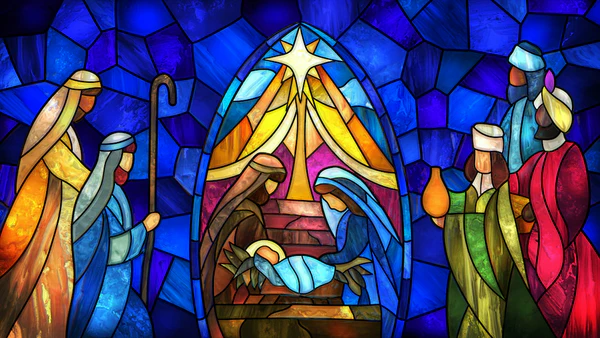Recently, I was thinking about love languages (made popular by Gary Chapman and his book The Five Love Languages). According to Chapman, we all receive love in different ways — physical touch, words of affirmation, acts of service, gifts and quality time. Knowing which love language is at the top of us personally helps our relationships flourish.
I wonder if the same could be true of our relationship with God. Do we have different ways in which we each commune strongest with our Creator and Savior? I think we do.
Of course, they wouldn’t be the same “love languages” Chapman describes, so what could they be?
Explicitly commanded
Here are some common “worship languages” I think I’ve noticed among believers:
- Worship music
- Peace and quiet
- Time in nature
Though prayer and Scripture reading may come more naturally to some people than others, I don’t consider those worship languages. They are not optional for those who might prefer them over worship music or quiet time. They are both commanded explicitly in Scripture.
Do you know your worship language? How could identifying your worship language impact your relationship with God?
Certainly, the list above is not comprehensive. Take some time to pray and meditate. What practice could you add to your routine that would allow you to worship God in a way that is specific and meaningfully for you?







